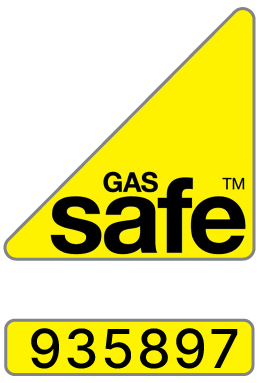How Gas Leak Detection Systems Keep London Cafes and Kitchens Safe Every Day
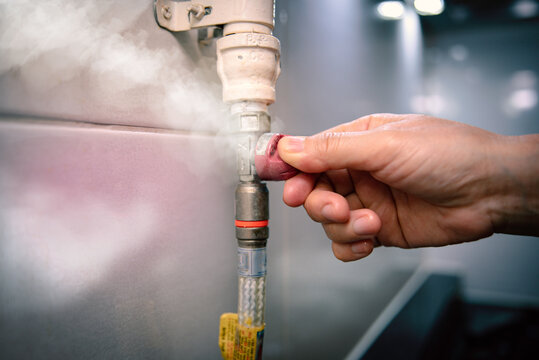
Step into a busy London cafe in Shoreditch, or a professional kitchen in Mayfair, early in the morning. Outside the coffee machines and stoves, you'll find a small and quiet device that's always checking the air. It keeps an eye out for invisible dangers that can stop the business in an instant.
The truth for commercial kitchens all over London is evident. One unknown gas leak can result in evacuations, official inspections and costly insurance problems, and even the demise of the business.
This is why Gas Zone has installed over 600 systems across London's food service industry. Owners are aware that this technology is not a luxury; it is a necessity.
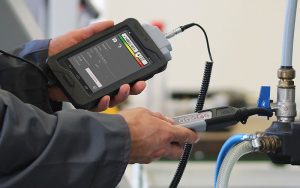
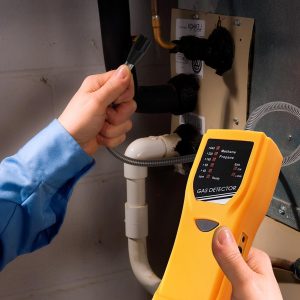
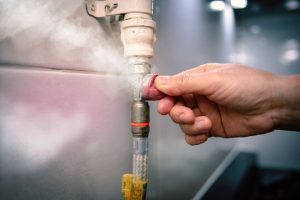

The Hidden Threat to the Food Service Industry in London
Commercial kitchens have a number of gas appliances running simultaneously, sometimes for 12 to 16 hours daily. Natural gas leaks are colourless and almost odourless when they are small. Staff that work in a warm and fragrant environment can't rely on their nose to detect the danger.- Gas leak detection sensors placed near equipment measure the air in real time.
- These units trigger alarms long before the amount of gas in the air becomes a fire risk.
- They give everyone the opportunity to leave safely.
- Today, commercial insurance providers are requesting proof that you have a working monitoring system.

How Gas Leak Detection and Repair Services in London Prevent Kitchen Disasters
Consider a cafe in Camden that discovered a slow leak at 3 AM, as their system had triggered an automatic shut off. Without that technology, the morning team would have walked into a kitchen full of gas, and every source of ignition ready to ignite. Proper gas leak detection and repair services in London link sensors with constant monitoring.- This includes continuous air sampling at short intervals.
- Automatic gas shut off when levels get too high.
- Instant text and phone alerts to managers and engineers.
- The system is also able to connect to the building's main controls for an all-out emergency response.

Why London Leak Detection Technology Outperforms Manual Inspection
A gas engineer performs an important safety check once per year. But that is just one visit. A gas system is subjected to wear and tear every single day from heat, vibration and normal use. A London leak detection system works every hour of every day.- It can detect small leaks that might go undetected by manual tools.
- It registers patterns in the level of gases that indicate that a seal is wearing out long before the seal breaks.
- It maintains the digital records required by the insurers and regulators.
- It can even detect unusual pressure fluctuations and therefore a potential problem with the larger supply network.
The Real Cost of Operating Without Gas Leak Detection Sensors
Think about a coffee shop in Islington which went for 8 years without any detection equipment. A small crack was found in a pipe fitting during a cold winter. By late morning, the level of the gas had become dangerously high. What happened next, was a business owner's worst nightmare.- They had to evacuate 23 customers and 4 staff immediately.
- The fire brigade responded and closed the street for 3 hours.
- The Health and Safety Executive investigated and issued fines of £8,500.
- The shop had to remain closed for 11 days for repairs and safety checks.
How Gas Leak Detection Services London Integrate with Existing Safety Systems
Having separate safety devices may lead to confusion. Integrated gas leak detection services London teams fit systems that talk to your existing equipment. Smart detection systems can connect to your building management to control ventilation and fans, connect to your fire alarm for a united emergency plan, connect to your door access systems to allow people to easily exit and send alerts to a cloud dashboard you can check on your phone.- When the sensors detect a problem, the system can turn up the extractor fans.
- Shut the gas valves.
- Send out alerts to your contacts simultaneously.
Understanding Water Leak Detection Companion Systems
Gas is not the only threat. Water leaks can also cause massive damage, leading to health risks and repairs costing from £12,000 to £40,000. Gas plus water monitoring gives you 100% protection.- You have one easy dashboard for both systems.
- One alert process for any emergency.
- Control of valves by one person for both systems to enhance safety.
- Lower costs of doing both installations together.
Regulatory Compliance and Insurance Requirements Adoption Driving Detection
London's laws for commercial properties are changing dramatically in 2023. Food service businesses will now have to maintain continuous monitoring records. The number of enforcement actions has risen dramatically, with fines averaging £12,000. Insurance companies have changed their policies for kitchens as well.- They often require certified detection systems in order to cover successful businesses.
- They insist on 24/7 monitoring with clear response plans.
- They may refuse claims for incidents where no system was in place.
- They usually reduce premiums for properties with certified systems.

